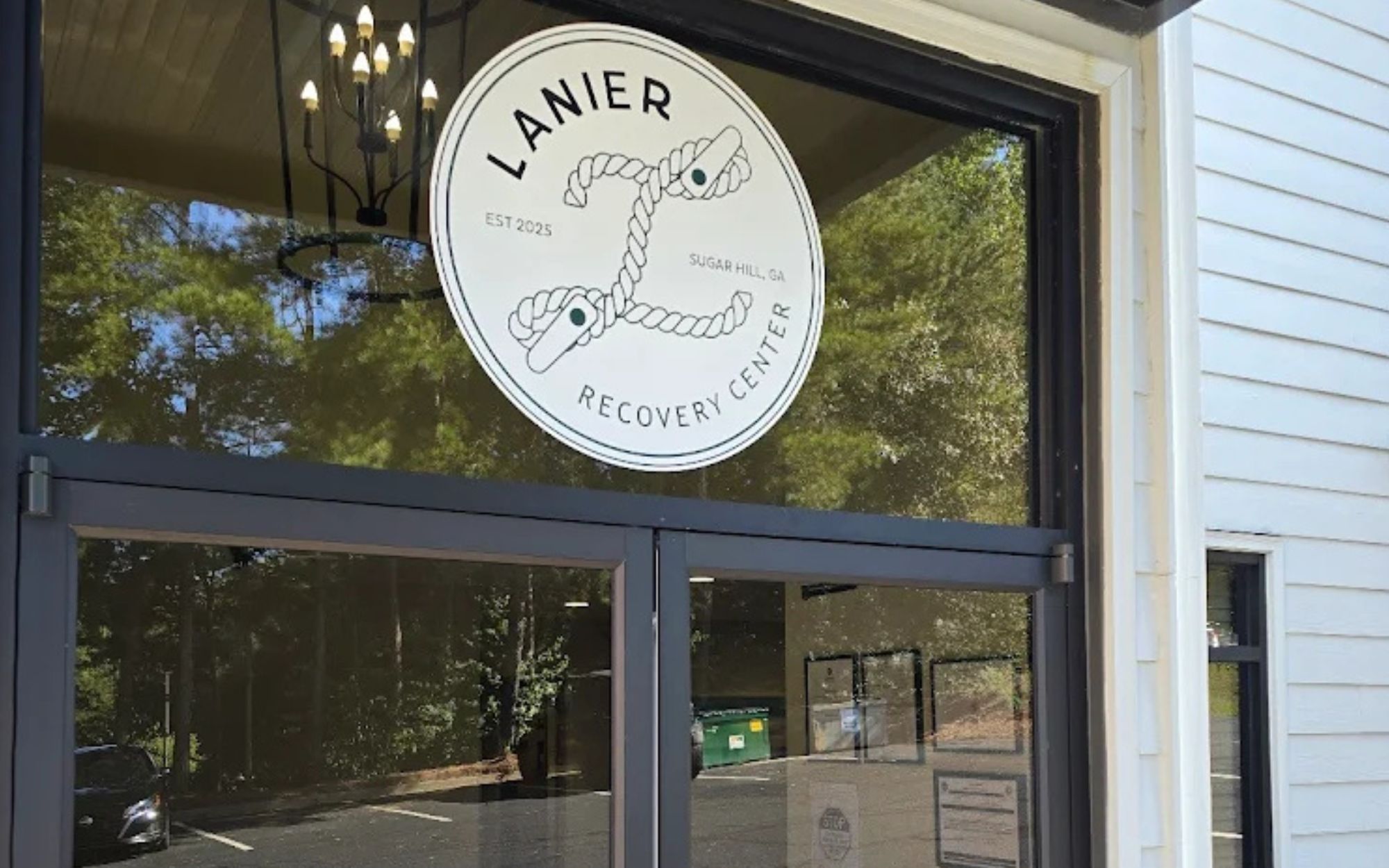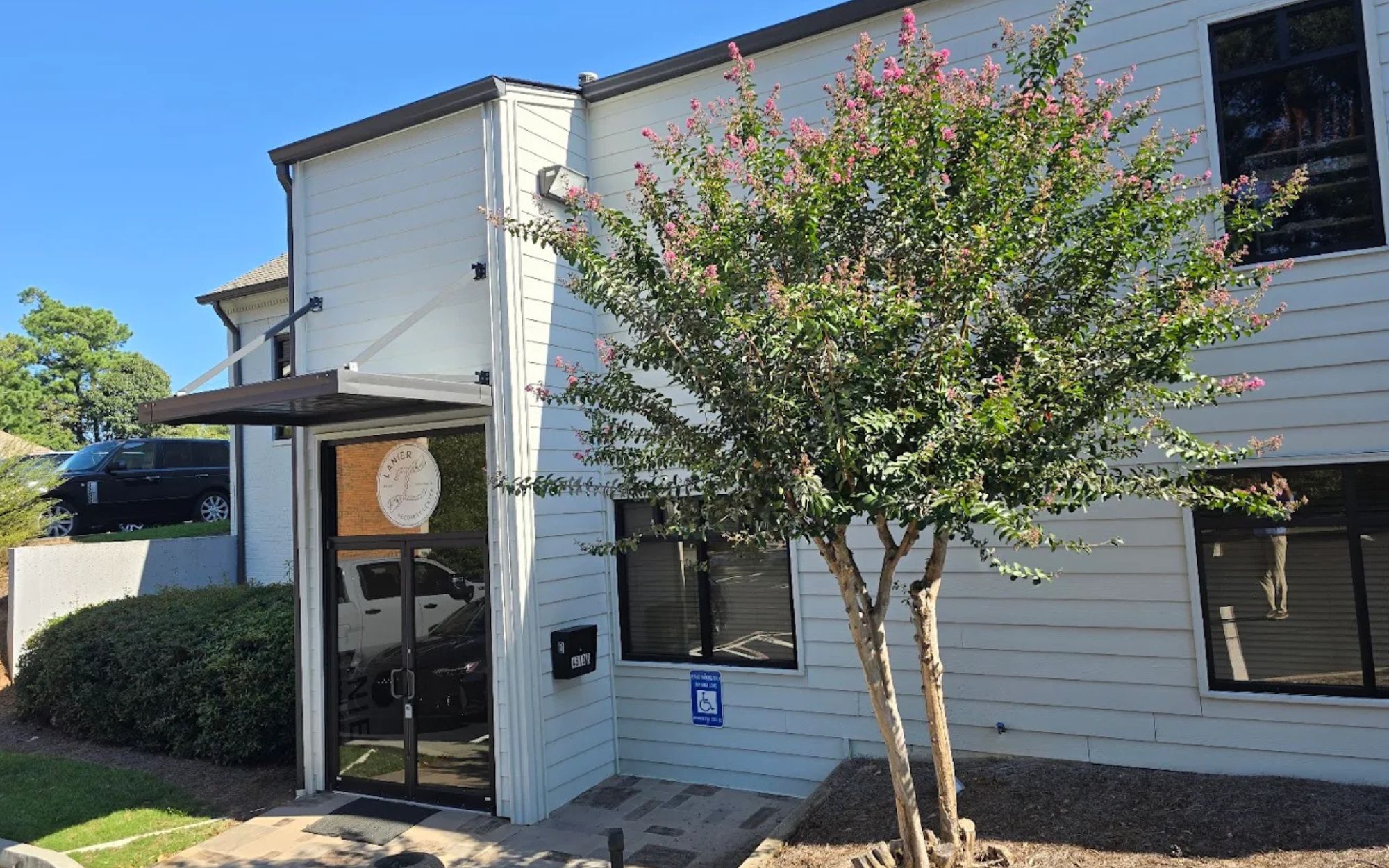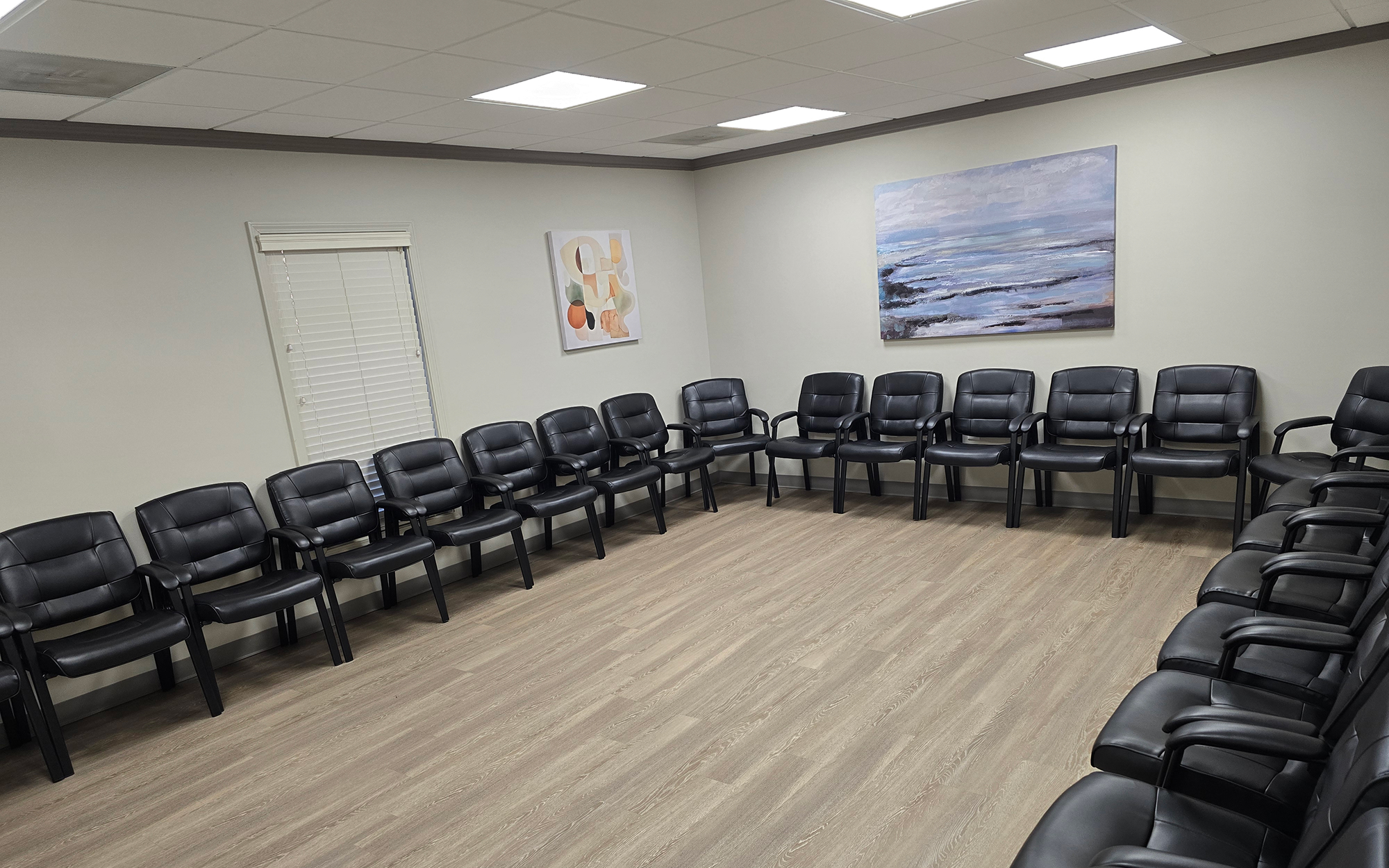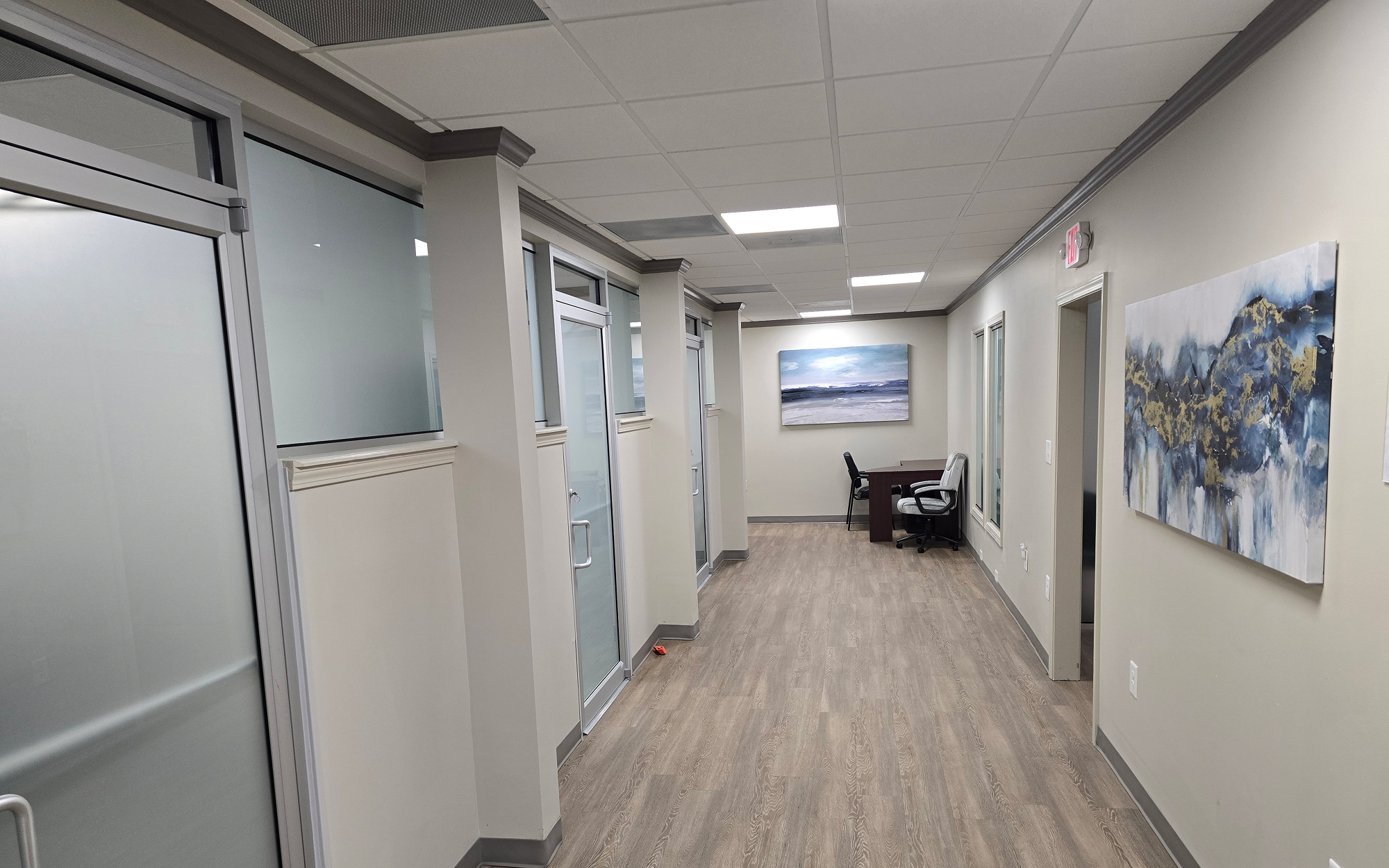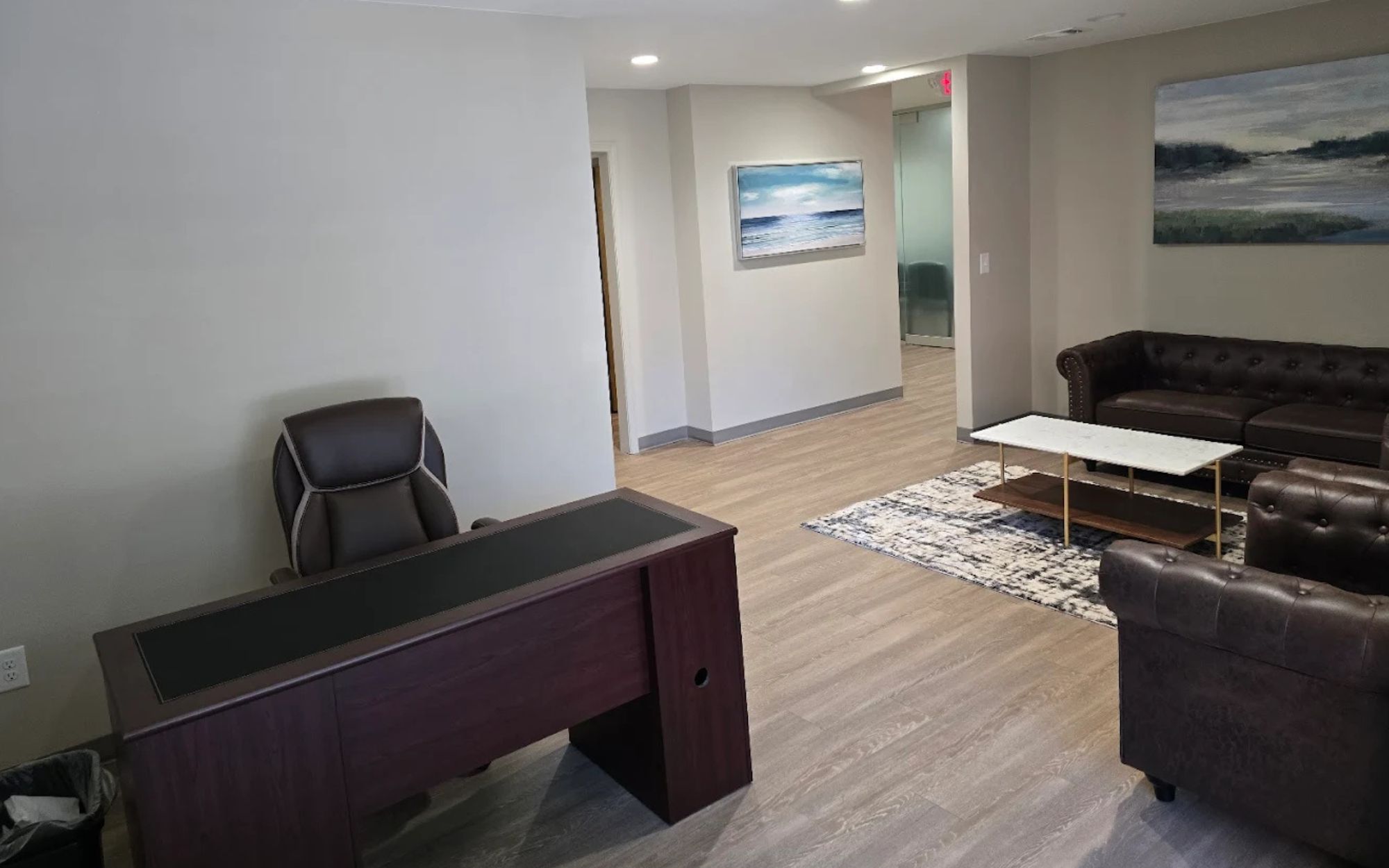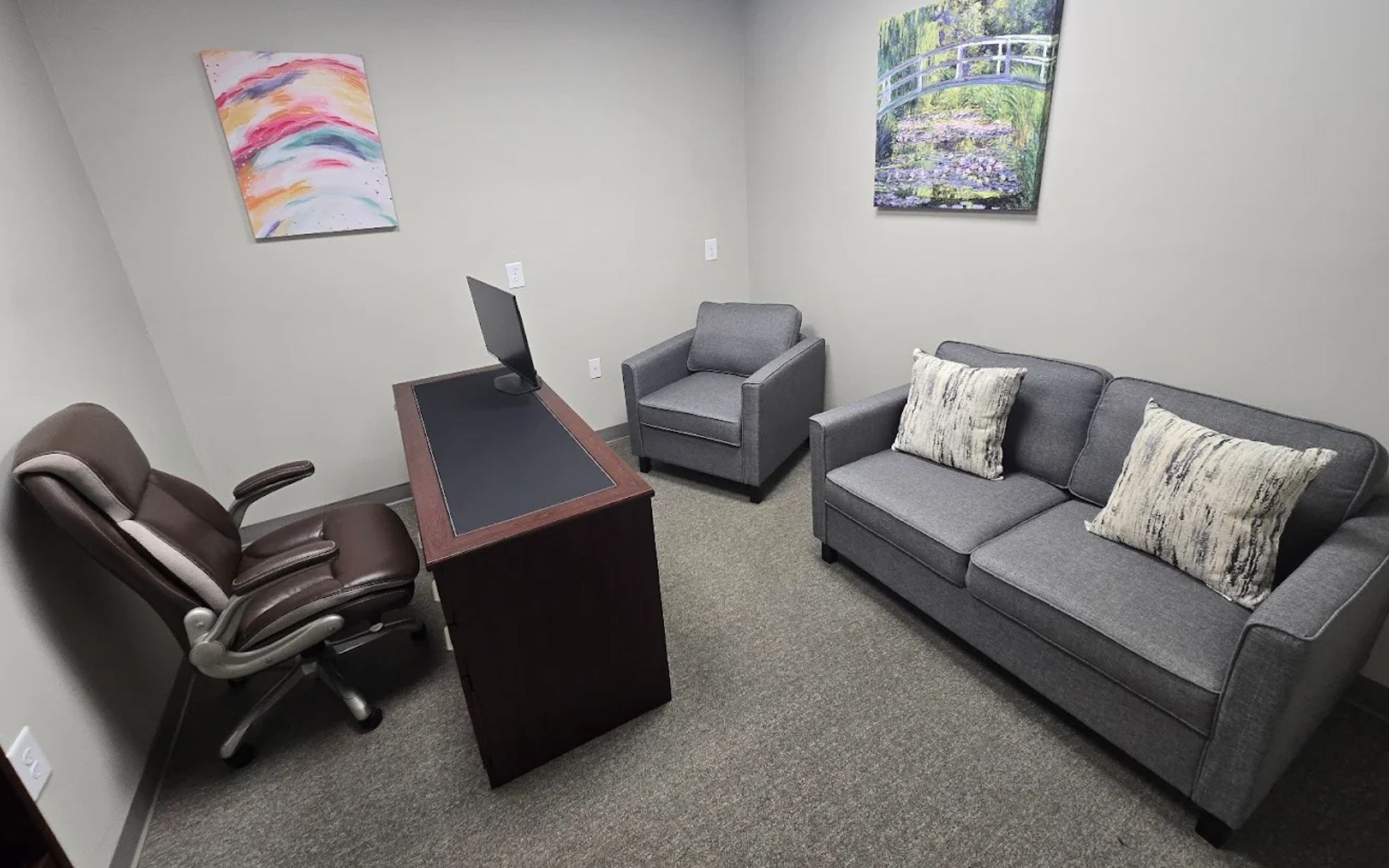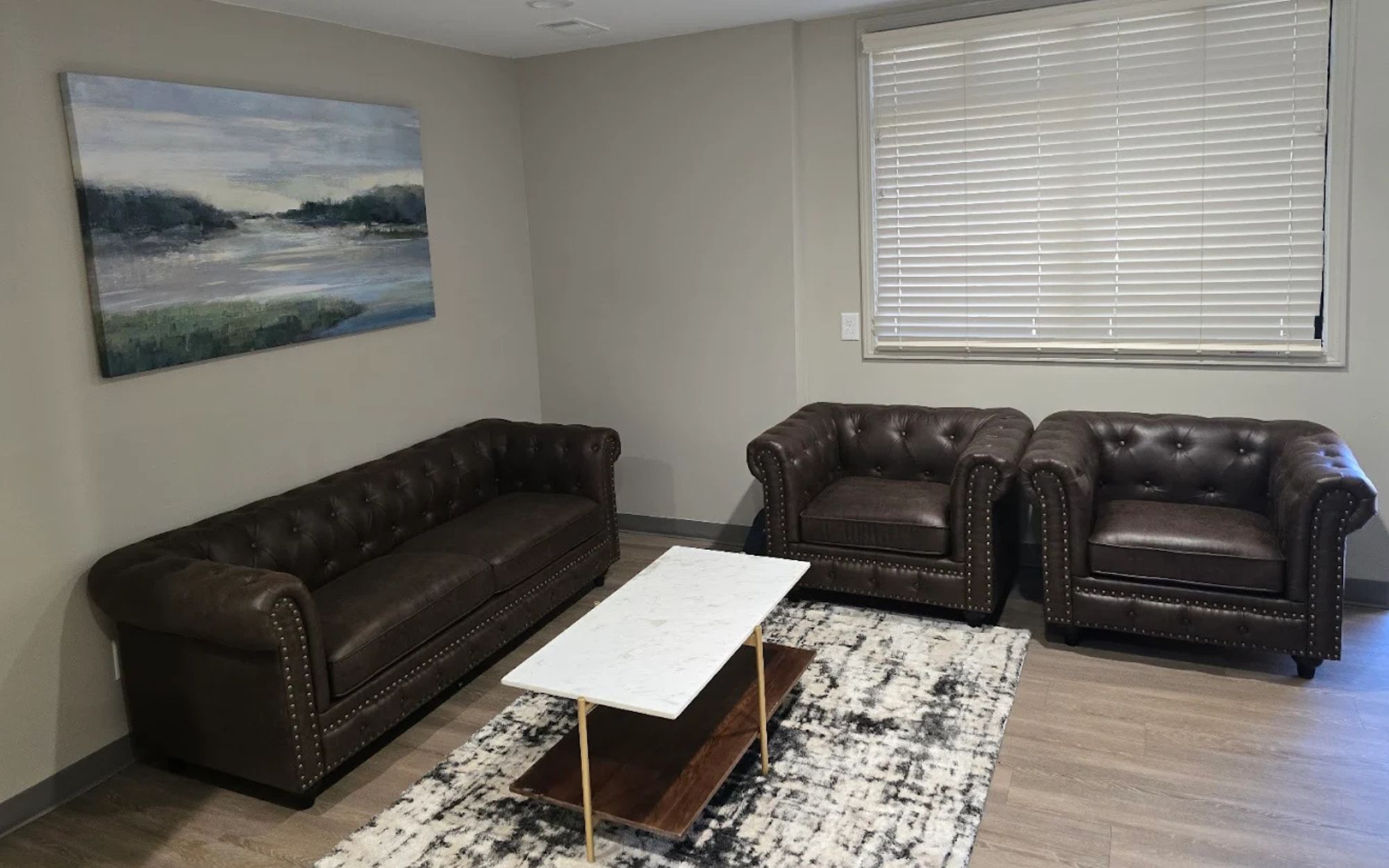
Professional bipolar disorder therapists in Atlanta
Bipolar disorder affects more than 5.7 million adults in the U.S. every year and is one of the most misunderstood mental health conditions. At Lanier Recovery Center, we offer comprehensive bipolar disorder treatment in Atlanta through outpatient care designed to meet the unique needs of those living with this condition.
Through our PHP, IOP, and OP programs, we provide medical coordination, psychotherapy, and daily support to help stabilize moods, reduce episodes, and restore a greater sense of control and peace. Whether you’ve been living with a diagnosis for years or are seeking answers for sudden emotional shifts, we’ll walk with you through every step of your recovery journey.

